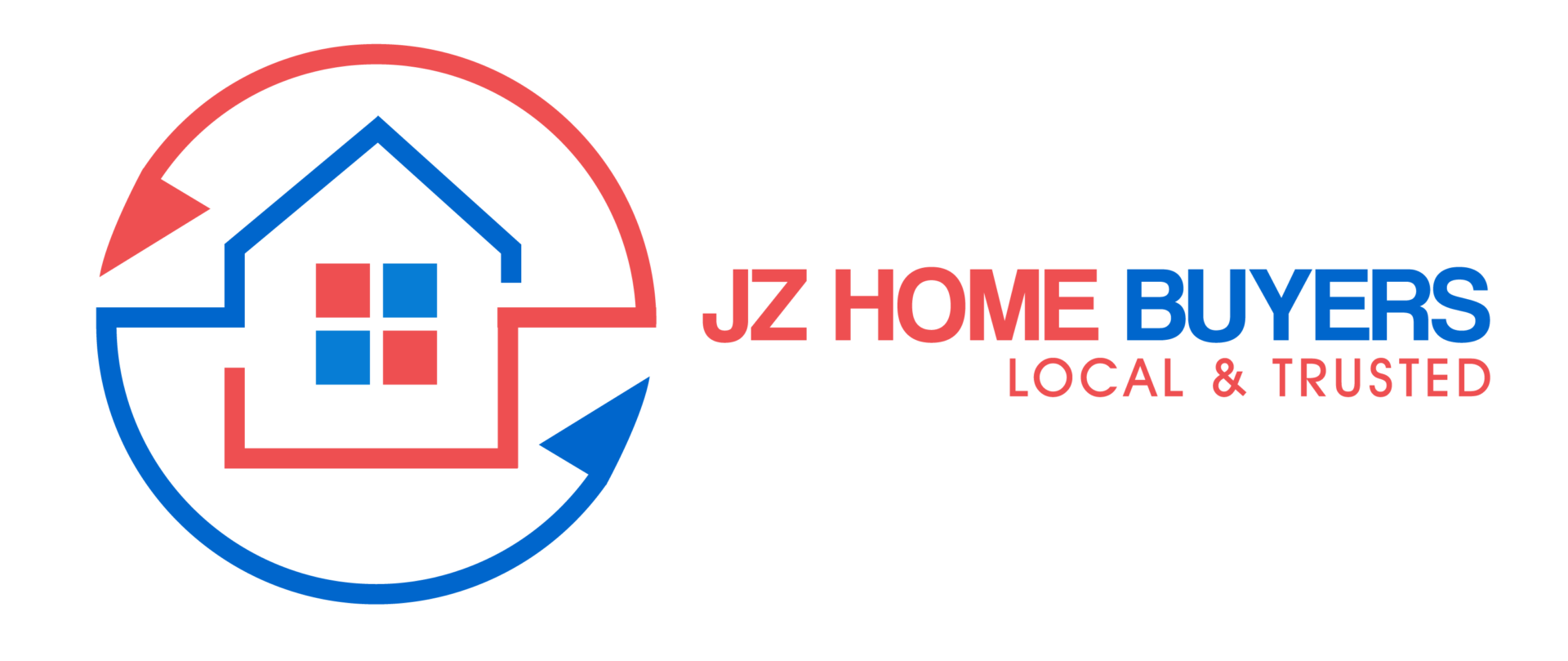
How Soon Can You Sell a House After Buying It?
It may seem strange to sell the property soon after purchasing one, yet many homeowners find themselves in this situation. There are numerous reasons for wanting to sell the new house you’ve just moved into, but is it legal? How quickly can you sell a house after purchasing it? When should it be put up for sale?
Continue reading to learn more about how long you should wait to sell your house.
HOW SOON CAN YOU SELL A HOUSE AFTER BUYING IT
Legally, there is no restriction on how fast a new homeowner can sell their home after making a purchase. As soon as you make the last payment on a house, it becomes yours to do with as you like. Nothing prevents you from selling the house and leaving if you experience buyer’s remorse and decide you don’t want to stay there any longer.
However, just because you can doesn’t necessarily mean you should. Generally speaking, it’s preferable to wait to sell your home until you break even. The five-year rule, which many people follow because that’s when you can often anticipate reaching the break-even point, is based on the principle that you will lose money if you sell your home immediately.
The five-year guideline assumes that your house will appreciate in value by around 2% annually and that the closing costs would be roughly 10% of the sale price. Closing costs include the cost of:
- Real estate agent profits
- Realtor fees
- Moving fees
- Listing charges
- Various additional selling prices
Therefore, it will take five years to reach the break-even point and recoup all closing costs.
This is not always the case, however. If the housing market is thriving, the value of your home will increase much more quickly. Additionally, renovations can increase the value of a property. In a seller’s market, where more bidders are competing for your house, seller closing costs might be recouped considerably more quickly.
Additionally, if you sell your home to cash home buyers in Texas, you can eliminate several fees, including the commission you normally pay to a real estate agent. Since realtor fees might easily reach eight percent, this reduces the five-year threshold by a few years.
Nonetheless, there are more factors to consider, such as property taxes. The Internal Revenue Service compels you to pay capital gains taxes on residences you sell for a profit. Two categories of capital gains taxes exist. The first is the short-term capital gains tax, which must be paid if the property was owned for less than a year.
However, if you have owned the home for more than a year, you are eligible for the more affordable long-term capital gains tax. Both short-term and long-term capital gains taxes are dependent on your tax rate, although short-term taxes are significantly more expensive.
Therefore, it is advisable to sell a home after a year. However, waiting two years is preferable because you may qualify for a capital gains tax exemption.
The IRS exemption is applicable if you have owned and occupied the property as your principal residence for at least two of the previous five years. You may own the property for two years and then occupy it as your principal residence for two years. But you just barely meet the requirements for ownership and main residence for at least two of the last five years.
Due to taxes, the overall cost of selling a home during the first two years will be significantly higher. A tax expert can help you figure out how much you owe in taxes, which is sure to be a lot.
The FHA says that houses sold in the first 90 days are not eligible for FHA-insured mortgages, which may stop many people from buying them.
HOW HOME EQUITY and NEGATIVE EQUITY WORKS
Negative equity is a possible problem when selling a home immediately after purchasing it. However, you must first understand what home equity is.
Home equity is the difference between the value of your home and your mortgage and other secured debts. If you owe $200,000 on your mortgage but your home is worth $300,000, you have $100,000 in positive equity.
The amount of equity you have depends on the size of your down payment, the market value of your home, and the remaining mortgage balance.
Negative home equity occurs when you owe more on your mortgage than your home is worth. Negative equity exists, for instance, if you owe $300,000 on your mortgage but your home is only worth $250,000.
Negative equity can occur if the local housing market experiences a sharp price decline. The announcement of a new factory or development in the area or rising crime rates could be the causes of this.
It is not impossible to sell a home with negative equity, but it is definitely more difficult. Few individuals desire to purchase a liability. Obviously, you could pay off your mortgage, but a prepayment penalty may apply because the lender will lose out on interest payments.
In such circumstances, your best option is typically to wait while you continue to make mortgage payments and eliminate negative equity. Home prices may increase as time passes. Once you have positive equity, it will be much easier to sell your home.
SHOULD YOU SELL YOUR HOME IMMEDIATELY AFTER BUYING IT?
As a general rule, it is not a good idea to sell a home immediately after purchasing it. However, there are times when you should sell your home early.
A common reason why people sell their homes after a brief period is a job transfer. Perhaps you just received a lucrative job offer in another city. In this case, selling your home may be a good idea, as your salary will cover the difference between the original purchase price and the listing price of your new home.
There are additional reasons why you may wish to sell your home quickly. You can use the profit from the sale of your home to purchase a new home in a different area if the local housing market appreciates significantly. If prices continue to rise, it may not be prudent to sell your home, but at least you will recoup your losses.
Occasionally, you may have no choice but to make a quick sale. If you have a medical emergency and are in need of cash, selling your home can help you pay for your medical expenses. There may be additional circumstances that require you to sell your home, such as a parent falling ill in a different city, in which case you may decide to relocate to be closer to them.
Perhaps you purchased a large home for yourself, your spouse, and your newborn child, but due to a tragic event, such as a car accident, they are no longer with you. You may also have lost your job and be unable to make mortgage payments to your lender; if you do not sell, you will face foreclosure.
CAN YOU SELL YOUR HOME IMMEDIATELY AFTER BUYING IT?
You can, but you probably shouldn’t unless you have no other option or expect property values to drop significantly. It is advisable to wait at least two years to qualify for the exemption from capital gains tax. Even if you do not break even at that point, you will still save a significant amount of money on taxes.
If you do have to sell a house fast in Fort Worth soon after buying it, decide on a plan. Even if you paid a buyer’s agent commission when you purchased the home, you must pay agent commissions if you sell through a real estate agent.
Selling to a cash buyer is preferable because you can avoid paying closing costs.
In addition, it makes sense to sell to a cash buyer if your home has negative equity and you cannot afford to pay off the mortgage. In such situations, most buyers will avoid your home, but cash-home buyers can offer you a good deal.
In a similar vein, if a natural disaster, such as a flood or fire, damages your home and you do not have insurance to pay for the repairs, you can sell it to a cash home buyer as-is.
Homeowners must sell their properties quickly. JZ Home Buyers can greatly help you whether your home has been damaged, you are facing foreclosure, or you simply need to get a home you recently purchased off your hands. Just give us a call at 817-382-3579 or simply visit www.jzhomebuyers.com. Let’s talk about how we can help you!

